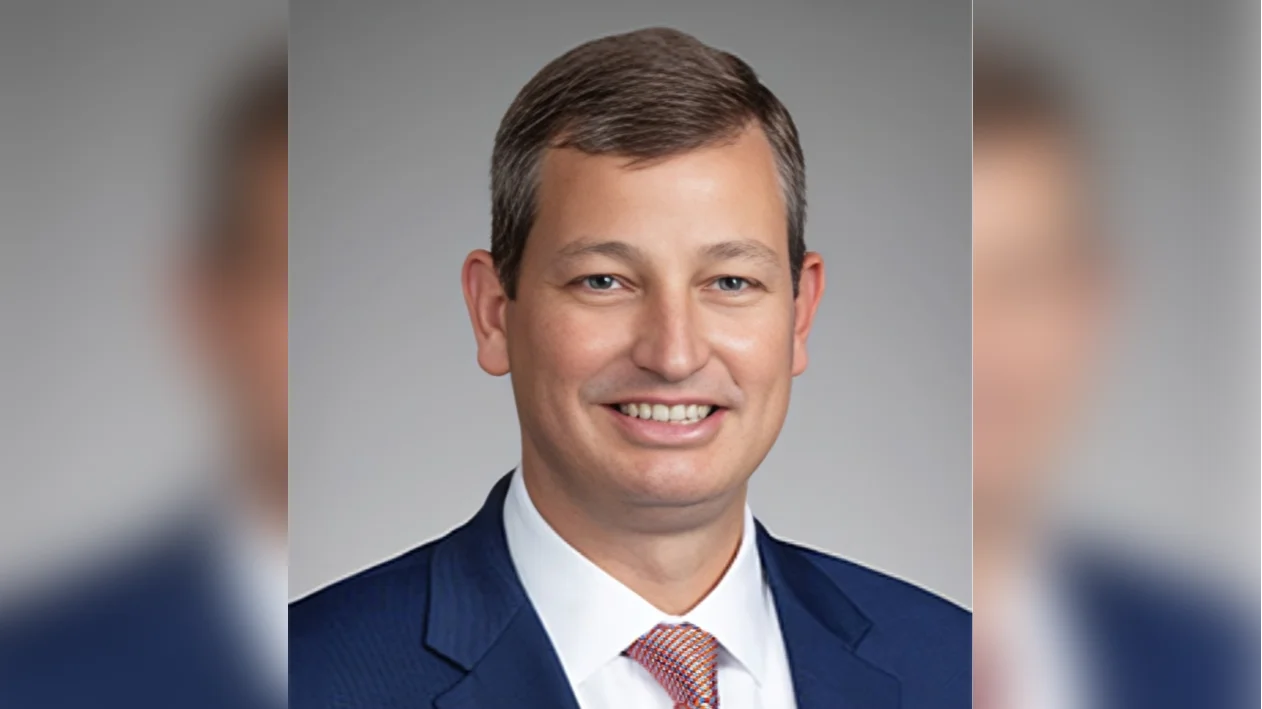
Researchers at UTHealth Houston have found that imbalances in certain molecules, known as ligands, affect a receptor protein crucial in brain inflammation post-stroke. These findings could pave the way for new therapies. According to the study published in Nature Communications, ligands produced by the body and the gut microbiota both influence the aryl hydrocarbon receptor (AHR), a key player in immune regulations and inflammation.
After a stroke, there is an increase in kynurenine, a host-derived ligand for AHR. Simultaneously, disruption of gut microbiota leads to a deficit in microbiota-derived ligands, disrupting AHR signaling balance. Bhanu Priya Ganesh, PhD, the senior author and associate professor of neurology at McGovern Medical School, stated, “This study looked at how substances from the body and gut bacteria called AHR ligands affect post-stroke inflammation. They found that after a stroke, changes in gut bacteria lead to a drop in beneficial substances and an increase in harmful ones. This suggests that restoring these beneficial substances from gut bacteria could help reduce inflammation after a stroke.”
Earlier research at UTHealth Houston indicated that stroke and neurodegenerative diseases trigger systemic responses influenced by gut microbiota, a situation exacerbated by aging. Ganesh noted, “Our recent animal-model study points to new treatment options that could focus on the gut-brain connection, offering potential ways to improve recovery after a stroke and reduce brain damage.”
Pedram Peesh, MD, PhD, MBA, a neurosurgery resident, was the first author of the study. Louise McCullough, MD, PhD, professor and chair of the Department of Neurology, co-authored the study with Ganesh. Both authors, along with Peesh, are affiliates of The University of Texas MD Anderson Center UTHealth Houston Graduate School of Biomedical Sciences.
The research was funded by the Huffington Foundation and the National Institutes of Health.